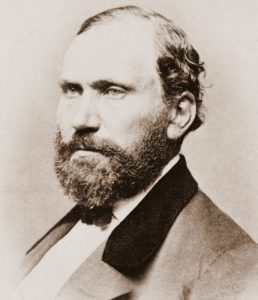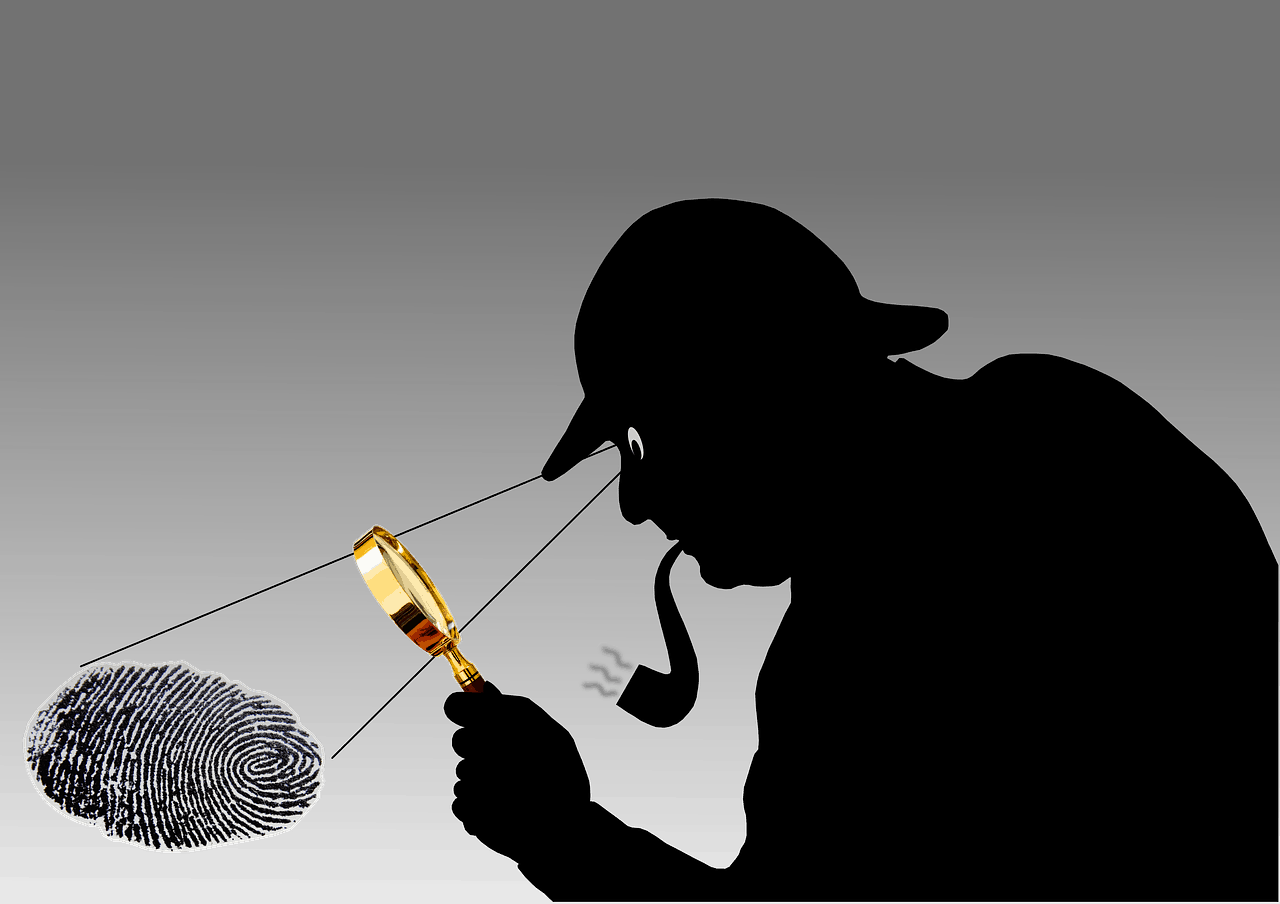Pinkerton is a private security company with American roots that has one of the most interest backstories of any company out there. Today, they identify and manage businesses risks and security concerns all over the world but to understand why they’ve achieved so much success, it helps to go back to the beginning.
Allan Pinkerton

Allan Pinkerton immigrated to Chicago in 1842. Initially, he ran a cooperage, a business that made barrels. A few years after he started, he uncovered a band of counterfeiters while he was out scrounging for lumber. His reaction to this discovery was a sign that Pinkerton was not like most people. Instead of walking away, hoping to not get caught, he performed surveillance on the group and eventually helped the local police make the necessary arrests.
That was all he needed to become a local hero and one of the first people the town called for all matters of detective work. Soon, he became sheriff and went on to work for the US Post Office and became a police detective on the Chicago police force.
In 1850, he opened a private investigation company known as Pinkerton Detective Agency that would grow and evolve into the Pinkerton we know today.
While there are a lot of factors that contributed to the company’s success, it’s not an exaggeration to say that a lot of it is directly related to the kind of person Allan Pinkerton was.
Pinkerton’s Interesting Past
Pinkerton was a bit of a visionary. In 1856, he hired the first female detective, a young widow named Kate Warne. Though he was hesitant at first, Pinkerton took a chance on the woman and Warne proved to be a tremendous asset to the company. Pinkerton grew to respect the young lady so much that, when she died in 1868, he buried her in his family plot.
One of the most interesting historical facts about Pinkerton is that it’s believed he foiled an early plot to assassinate Abraham Lincoln. In 1861, Pinkerton was in Baltimore investigating rumors that people in the area who sympathized with the South in the Civil War were planning to sabotage the railroad. During the investigation, he also uncovered that there was also a plan in place to attempt to assassinate Lincoln while he was on a whistle-stop tour. Pinkerton warned the then president-elect and called on Kate Warne among other agents to get Lincoln on an overnight train to avoid being in Baltimore at the time the plan would be set into action.
Pinkerton also spied for the Union during the Civil War. He established spy rings in the South and also infiltrated groups of Southern sympathizers in the North. He used escaped slaves as a resource to gather information about the enemy.
There are other historic events that Pinkerton was involved with, too. The agency infiltrated the gang responsible for the nation’s first train robbery and even pursued Butch Cassidy. One case where they were unable to get their man was when they spent months hunting down Jesse and Frank James in the 1870s. Pinkerton lost one agent who was trying to infiltrate their gang and two other men in a shootout. In 1875, they raided the home of the boys’ mother. Jesse and Frank were long gone but a standoff ensued. Their mother ended up losing an arm and they took the life of the youngest James brother who was only 8 years old. Public opinion turned against Pinkerton after this incident and they had to give up the pursuit.
That wasn’t the only incident when the public was against Pinkerton. Big business often hired them to spy on unions or to act as strikebreaker and fights with workers were not uncommon. During the Homestead Strike in Pennsylvania in 1892, the agency essentially went to war with thousands of striking workers, both sides armed with guns and dynamite. Vastly outnumbered, the Pinkertons surrendered but not before taking the lives of at least a dozen people. They were seen as hired thugs doing the bidding of big business and inspired several states to pass laws against the hiring of outside security in any labor dispute.
Contributions to Modern Law Enforcement
There’s no doubt Pinkerton was a great detective but he also made some contributions to modern law enforcement as well. He’s sometimes credited with inventing the term “private eye” as the company’s logo was an eye and the slogan, “We Never Sleep” is one they still use today.
Pinkerton was also the first to create a file of mug shots and case histories to use in the pursuit of known criminals. They would not anything distinguishing about the wanted men, like scars or other marks, as well as record information about previous arrests, special skills, and any other criminals they were known to associate themselves with. Today, nationwide databases collect and keep the same kind of information for use by police all over the country. Pinkerton’s system wasn’t actually modernized until the FBI was founded in the early 20th century.
After Allan Pinkerton
Allan Pinkerton died in 1884 and his two sons took over the agency. They continued to be successful and, by the 1890s, had more detectives and reservists than the United States Army. In fact, the state of Ohio was so afraid they could be used mercenaries that they outlawed the Pinkerton Agency.
Pinkerton Today
While their role has changed, Pinkerton is still very much thriving today. While most of the work they did early on is now done exclusively by police forces and government agencies like the FBI, Pinkerton is now a big player in the private security and guard service. They provide risk advisory services, risk-based screenings, corporate investigations, threat response services, and protection services. While they’re still based in the US, they now have offices and agents around the world. It’s a safe bet that no other agency has quite as colorful a past or as many ties to major historic moments in the United States as Pinkerton

